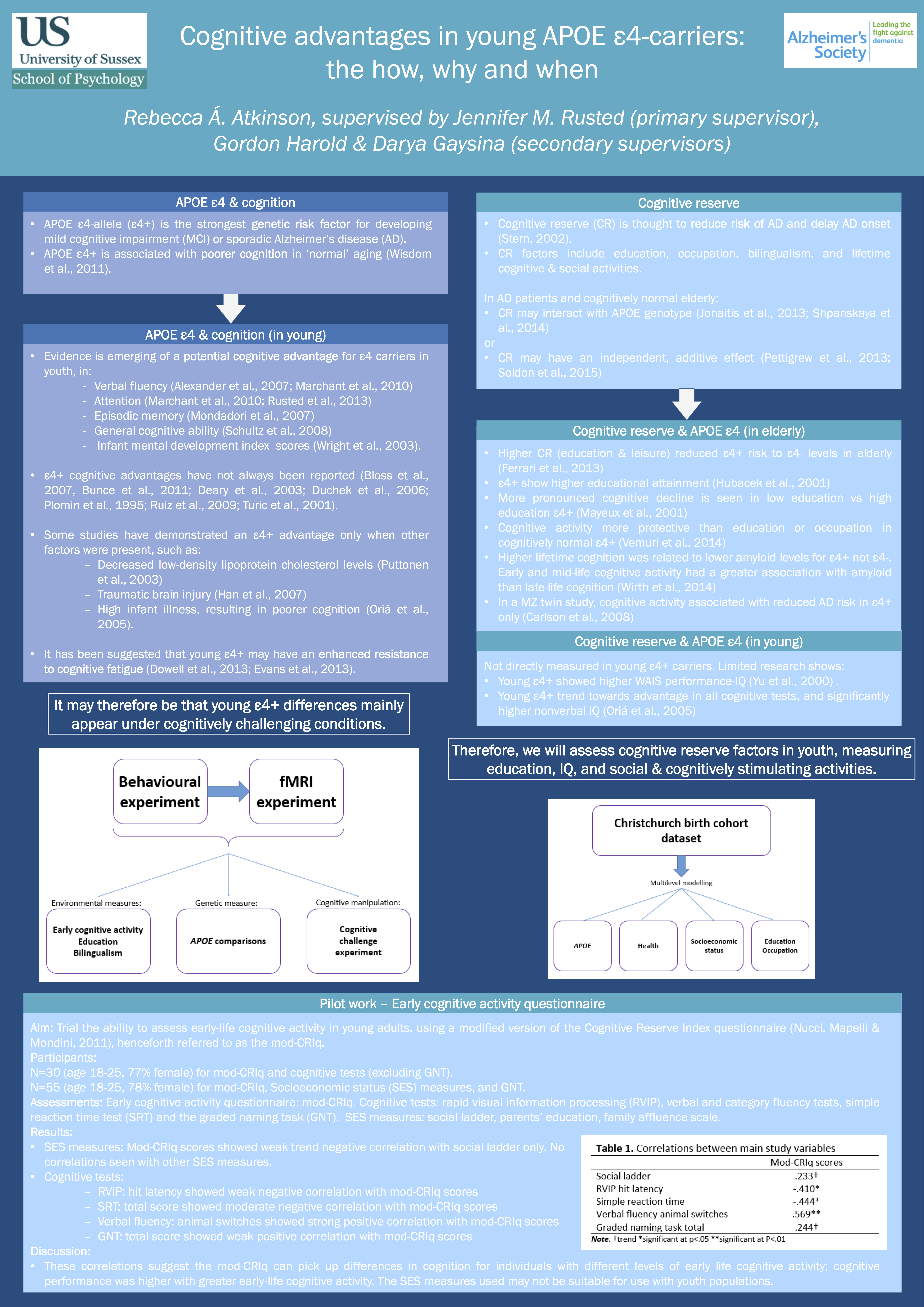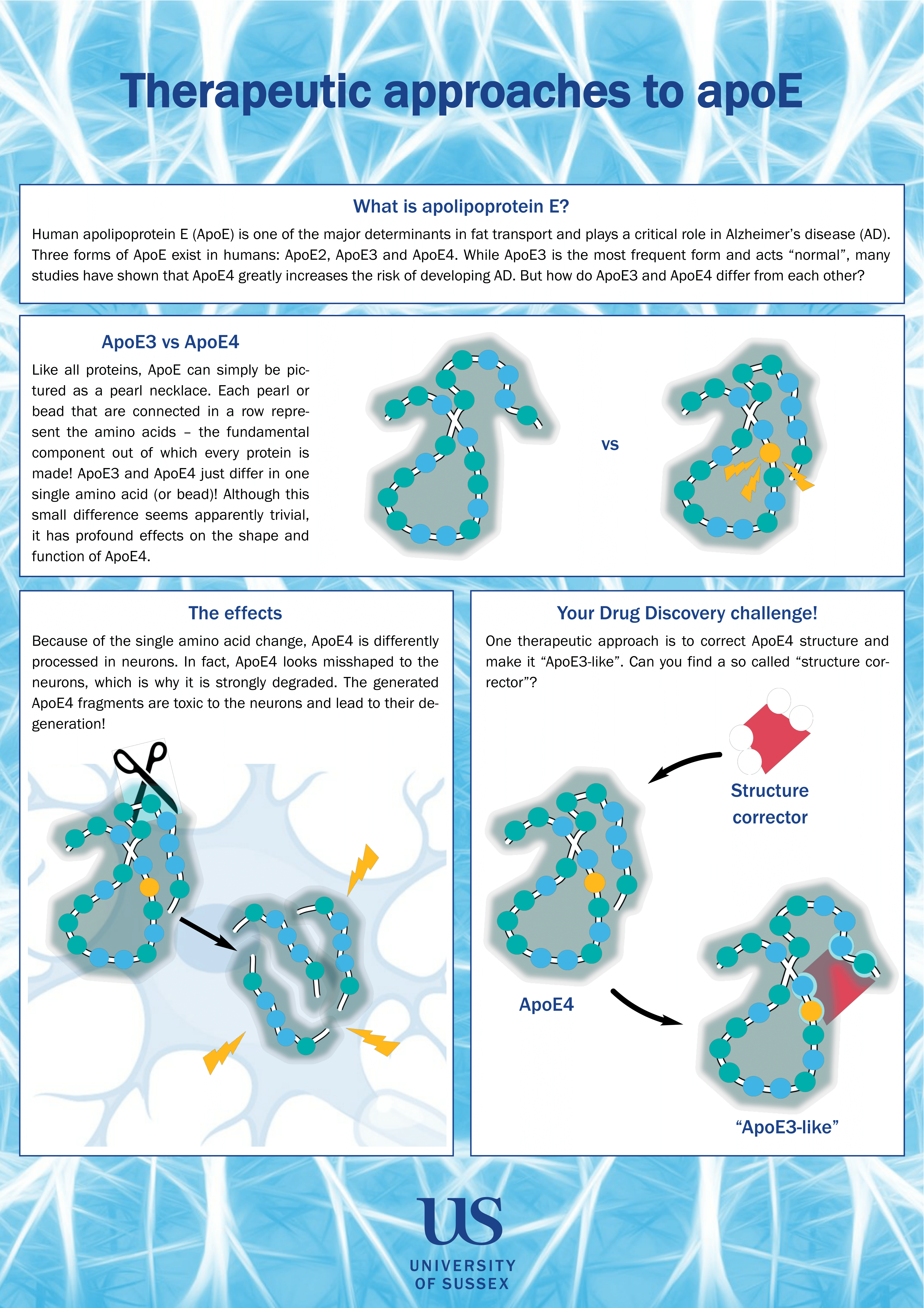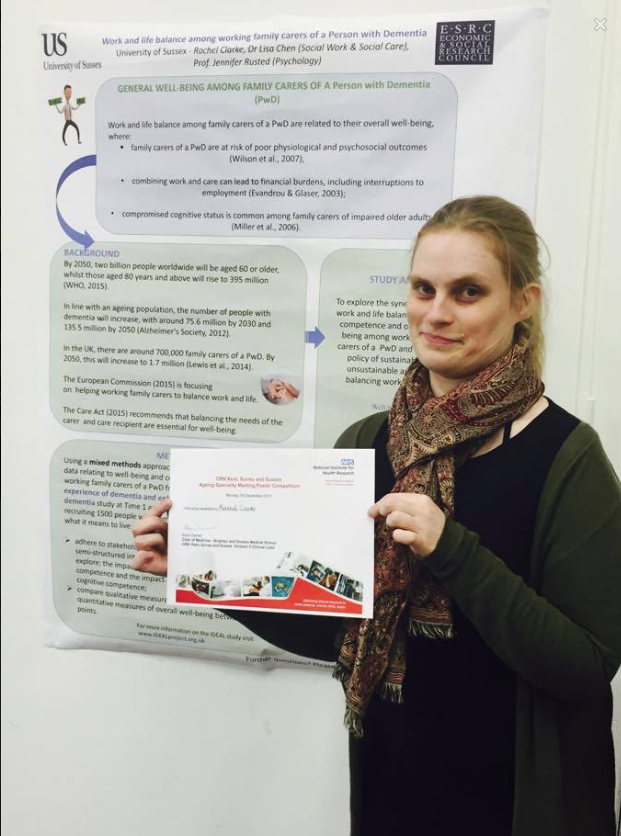In the past months I had the opportunity to shadow Dr. Klugman during two Memory Assessment sessions at the Hill Rise memory clinic in Newhaven. During my short visits there I had the chance to learn more about the process through which patients presenting with symptoms of dementia are diagnosed and how their condition is monitored by the clinic and the doctor. While for other diseases with a more defined aetiology the diagnostic modus operandi are relatively straightforward and defined, when it comes to dementia suddenly everything becomes much more complicated. With my PhD focusing on specific aspects of Alzheimer’s Disease and with a background in neuroscience I was well aware of this situation, however what I learned from these placements is that working on this subject doesn’t necessarily provide you with its full understanding. I was reminded that if the disease, its biology, aetiology, mode of action and origin are one side of the coin, the other side is represented by the people who have to live with this condition and by those who care for them. My first memory clinic was a check up session in which Dr. Klugman encountered patients that had been previously diagnosed and came to the facility to monitor the progress of their condition. It was a routine session that proved insightful in many ways, showing me how the disease affects first of all the person and how this extends to the family and carers, as well as the health system and the society as a whole. The second clinic was, on the other hand, a session in which the doctor met up with new referrals who presented symptoms of dementia but still lacked a complete diagnosis. I was shown how the diagnostic process is not the work of a single practitioner but the joint effort of a team of specialists, how the mixed aetiology of patients presenting symptoms of dementia makes it extremely hard to place them in defined categories and finally how much more effort is needed to fully understand the subject.
Luca Biasetti
My visit at the rehabilitation centre in Newhaven with Dr Osama Hammer was very impressive and gave me the opportunity to experience clinical aspects of dementia. Dr Hammer saw five dementia patients during my visit with varying degrees of the disease (from early to late stages). The different stages of the patients showed me the complexity of the disease and that care and treatment must be personalized for each individual. Dr Hammer was very motivated and took me through all cases. To my positive surprise, he also involved me in some tasks the patients had to perform during their assessment. I also enjoyed our fruitful discussion following the very intense afternoon and Dr Hammer seemed genuinely interested in my opinion of the individual cases. I am looking forward to follow up assessments with these and new patients in the near future.
Lucas Kraft









Recent Comments